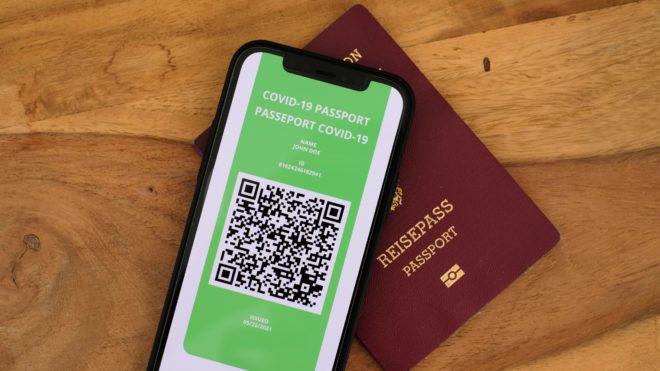Steven Deare
(Australian Associated Press)
Australians are slowly turning away from Facebook for their news and choosing rival platforms such as YouTube.
A study of Australians’ news habits also found while most remain unwilling to pay for online reports, those aware of the media industry’s financial struggles were more likely to pay.
The seventh annual Digital News Report: Australia found the proportion of people using Facebook for news dropped from 45 per cent in 2016 to 33 per cent in 2021.
For the first time, YouTube (35 per cent) proved more popular than Facebook (34 per cent) for `generation Z’ news seekers (people born between 1995 and 2010).
More than 2000 Australian adults were surveyed on how they access news, how they feel it is presented and more.
University of Canberra academics and their peers from the University of Oxford in the UK compiled the report.
Report co-author Associate Professor Caroline Fisher said misinformation and rival social media platforms were likely contributors to Facebook’s fall.
“We know Australians are concerned about misinformation on Facebook,” she said.
Newer social media apps such as TikTok were luring young adults from Facebook, she said.
Report author Professor Sora Park said Facebook may also have lost fans from the Cambridge Analytica scandal. The political consultancy gained the personal data of 87 million Facebook users from a researcher.
The news survey was done before Facebook briefly stopped Australians accessing news earlier this year. The company protested government efforts encouraging it to pay news providers for showing their reports on its platform.
While TV remains the main news source for Australians, they are increasingly opting for social media to monitor current events.
There were 23 per cent of Australians doing so this year, a five per cent increase since 2019.
The report authors said this rise was particularly noticeable among older people.
The proportion of Australians aged 75 years or older using social media for news had more than tripled since 2019 to 10 per cent.
While social media is a relatively new medium, most survey respondents looked to established media companies for their news.
Yet Prof Fisher said people who accessed news via social media were unlikely to pay.
“It presents a real dilemma,” she said.
“It’s why there has been such debate about getting social media platforms to pay for news, because it is largely a free environment.
“In that environment, it’s hard to encourage people to pay.”
An exception were those people who understood the financial difficulties in the news media. These people were more likely to pay, the study found.
“Increasing community awareness about the funding crisis in Australian journalism might be one way to encourage more people to pay for news,” the report said.
Many publishers ask web users to pay for online news in the same way people used to pay for their printed products.
The media industry has contracted greatly in recent years after internet giants such as Google and Facebook took the advertising base.
Assoc Prof Fisher said news providers needed to be more creative in developing products people would pay for.
The Digital News Report: Australia also found women and young people were dissatisfied with how they were represented in the news.
The report is available on the University of Canberra website.





